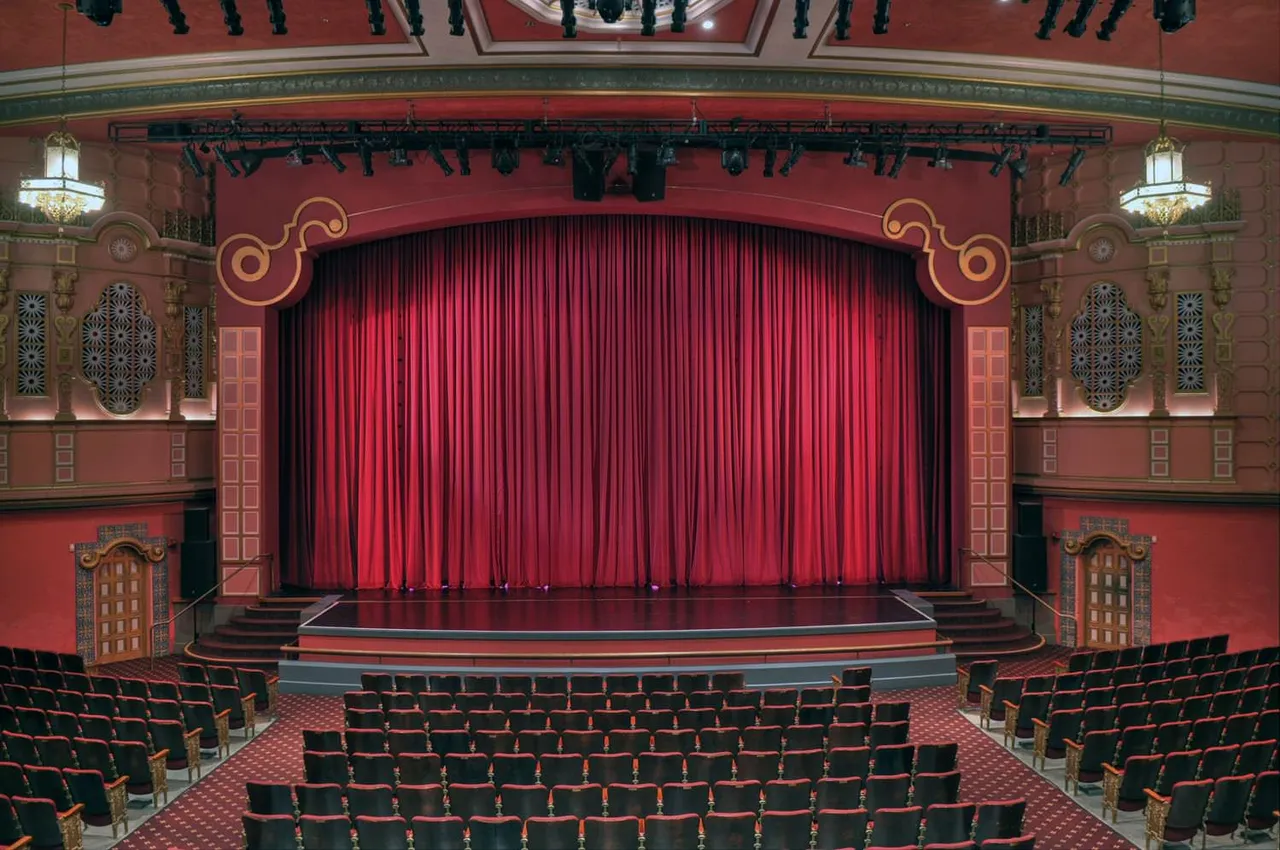
A play is a form of written literature specifically crafted for performance on stage, distinct from works meant for broadcast or cinematic adaptation. stage plays are presented on a stage before a live audience, typically with actors portraying characters and delivering dialogue, although there can also be elements of music, dance, and visual design.
Plays are traditionally divided into acts and scenes, which help to structure the action and build suspense. The dialogue is written in a way that is both natural and dramatic, and the characters are brought to life through the performances of the actors.
Plays can be classified into a variety of genres, including comedy, tragedy, drama, and historical fiction. They can be based on real events or fictional stories, and they can be set in any time period or location.
Plays have been around for centuries, and they continue to be a popular form of entertainment today. They offer a unique experience that allows audiences to connect with stories and characters in a way that is not possible through other mediums.
History of Plays
The history of theater is a long and rich one, spanning thousands of years and encompassing a wide variety of cultures and traditions. Here is a brief overview of the development of theater from its earliest origins to the present day:
- Theatrical Beginnings
Ancient Greece: The earliest known western theater emerged in ancient Greece in the 6th century BC. Plays were performed at festivals in honor of the god Dionysus and were often based on myths and legends. The three main genres of Greek theater were tragedy, comedy, and satyr play. Tragedy was characterized by its serious and often tragic themes, while comedy was more lighthearted and often featured slapstick humor. Satyr plays were a type of comedy that often included elements of fantasy and mythology. The development of theater in ancient Greece is largely attributed to the following factors:
- The development of democracy in Athens
- The rise of individual expression
- The need for entertainment and education
Roman Theater: Roman theater was heavily influenced by Greek theater. However, Roman playwrights also developed their own unique style, which was often more violent and sensational than Greek theater. Roman theater also included a wider variety of genres, including historical dramas, comedies, and farces.
Medieval Theater: Theater in the Middle Ages was primarily religious in nature. Plays were often performed in churches and were used to teach religious lessons. However, there were also secular plays performed during this time, such as morality plays and miracle plays. Morality plays were allegorical dramas that taught moral lessons, while miracle plays dramatized stories from the Bible.
Renaissance Theater: The Renaissance saw a revival of interest in classical theater. During this time, playwrights such as William Shakespeare and Christopher Marlowe wrote some of the most enduring works of English theater. Renaissance theater was characterized by its use of language, its exploration of human nature, and its focus on the individual.
Neoclassical Theater: Neoclassical theater was a reaction to the perceived excesses of Baroque theater. Neoclassical playwrights emphasized clarity, order, and reason. Some of the most famous neoclassical playwrights include Molière, Racine, and Corneille.
Romantic Theater: Romantic theater was characterized by its emphasis on emotion, imagination, and individual freedom. Some of the most famous Romantic playwrights include Schiller, Goethe, and Byron.
Modern Theater: Modern theater is a broad term that encompasses a wide variety of styles and movements. Some of the most important movements in modern theater include realism, naturalism, expressionism, and surrealism.
Theater Today
Theater is a vibrant and ever-evolving art form. Today, there are theaters of all shapes and sizes all over the world. Theater is also enjoyed by people from all walks of life, and there are plays to appeal to every taste.
Conclusion
The history of theater is a fascinating one that mirrors the history of human civilization itself. From its earliest origins in ancient Greece to its latest incarnations in the 21st century, theater has been a powerful force for entertainment, education, and social commentary.
Most Popular Plays
Here are some of the most popular plays in history, along with brief descriptions:
- Hamlet by William Shakespeare: This classic tragedy tells the story of Prince Hamlet, who seeks revenge for his father's murder.
- Oedipus Rex by Sophocles: This Greek tragedy tells the story of Oedipus, who unknowingly kills his father and marries his mother.
- The Importance of Being Earnest by Oscar Wilde: This comedy of manners tells the story of two friends who use false identities in order to win the hearts of women.
- Waiting for Godot by Samuel Beckett: This absurdist play tells the story of two tramps who are waiting for a mysterious man named Godot.
- A Streetcar Named Desire by Tennessee Williams: This Southern Gothic play tells the story of Blanche DuBois, a faded Southern belle who moves in with her sister Stella.
- Death of a Salesman by Arthur Miller: This tragedy tells the story of Willy Loman, a salesman who has lost his touch.
- The Glass Menagerie by Tennessee Williams: This memory play tells the story of Tom Wingfield, a young man who is struggling to support his mother and sister.
- Fences by August Wilson: This drama tells the story of Troy Maxson, a former baseball player who is struggling to come to terms with his past.
- Angels in America by Tony Kushner: This historical play tells the story of two gay couples in New York City during the AIDS crisis.
- Clybourne Park by Bruce Norris: This drama tells the story of a neighborhood in Chicago that is changing rapidly.
